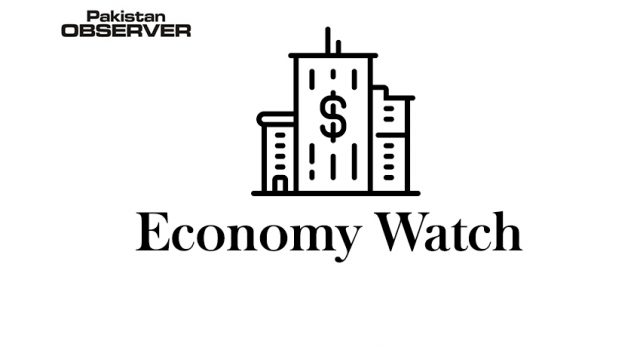Mark Meng, CEO, Huawei Pakistan
Across the Middle East, ICT technologies have ushered historical transformation and enabled Arab leaders to diversify and strengthen economies.
Next-generation technologies like 5G, cloud computing, IoT, and big data have significantly contributed to the development of Pakistan’s increasingly digitally-driven economy and greatly enriched our society.
The Intelligent World 2030 report predicts that by 2030, there will be more than 200 billion global connections, and every enterprise, household, and individual on this planet will have 10-gigabit connectivity.
Under Pakistan Vision 2025 and the Digital Policy of Pakistan 2018, the ICT industry size will hit $20 billion in value by 2025, according to official estimates.
However, fueling this tremendous growth of Pakistan’s digital economy is its local ICT talent ecosystem. There’s undeniably a growing talent gap globally.
According to Korn Ferry, there will be a global shortage of more than 85.2 million skilled people by 2030, causing a financial impact worth $8.452 trillion. Therefore, developing a robust pipeline of local ICT talent and building the ICT talent ecosystem in Pakistan is vital for securing its future digital economy.
Pakistan has over 300,000 English-speaking IT professionals with expertise in current and emerging IT products and technologies and 13 technology parks.
Meanwhile, more than 20,000 IT graduates and engineers are being produced each year, coupled with a booming startup ecosystem. At Huawei, we believe in a collaborative approach to ICT ecosystem development.
We feel that promoting the development of local talent is best done in cooperation between the public and private sectors. In the past two decades, we’ve helped the Middle East cultivate more than 100,000 ICT talents, out of which 15,076 are based in Pakistan.
We have worked with the Higher Education Commissions, universities, other educational institutions, and partners in the country to set talent standards, build alliances, and demonstrate the value of talent.
Some of our partners in Pakistan include the National University of Sciences & Technology (NUST), University of Engineering & Technology Lahore, NED University of Engineering and Technology, COMSATS University Islamabad Ghulam Ishaq Khan Institute (GIKI), among others. We recently also signed a MoU with NUST to cultivate AI talent development in the country.
Additionally, we run many global and regional initiatives that help nurture future ICT leaders, including the Seeds For the Future program, Huawei ICT Academy, and Huawei ICT Competition.
To date, more than 40,000 students in Pakistan have participated in the Huawei ICT Competition. Pakistani students have performed incredibly well in the ICT Competition over the years, evidence of the abundance of tech talent in the country.
In 2020, for instance, the team of three Pakistani students, Kalim Ullah, Maria Aftab and Asadullah, won first place in the regional contest and qualified for the global competition.
We continue to ramp up our talent development pipeline in Pakistan.
Last year, Huawei and the Higher Education Commission signed a strategic MoU to expand the Huawei ICT Academies to eight new universities, joining the existing 15 academies by the end of 2020.
This development will see the Huawei ICT Academy programme increase the number of Pakistani trainees fourfold, from 800 to over 3,000 per year. More broadly, the initiative will provide crucial support for the government’s Digital Pakistan vision.
We truly believe these young minds have the power, resilience, and imagination to unlock a world full of incredible possibilities for Pakistan’s digital economy.
Their imagination is the only limit on how far humanity can go, but it is the actions we take now that will determine how quickly we can get there. The best way to embrace the future is to build it ourselves.










